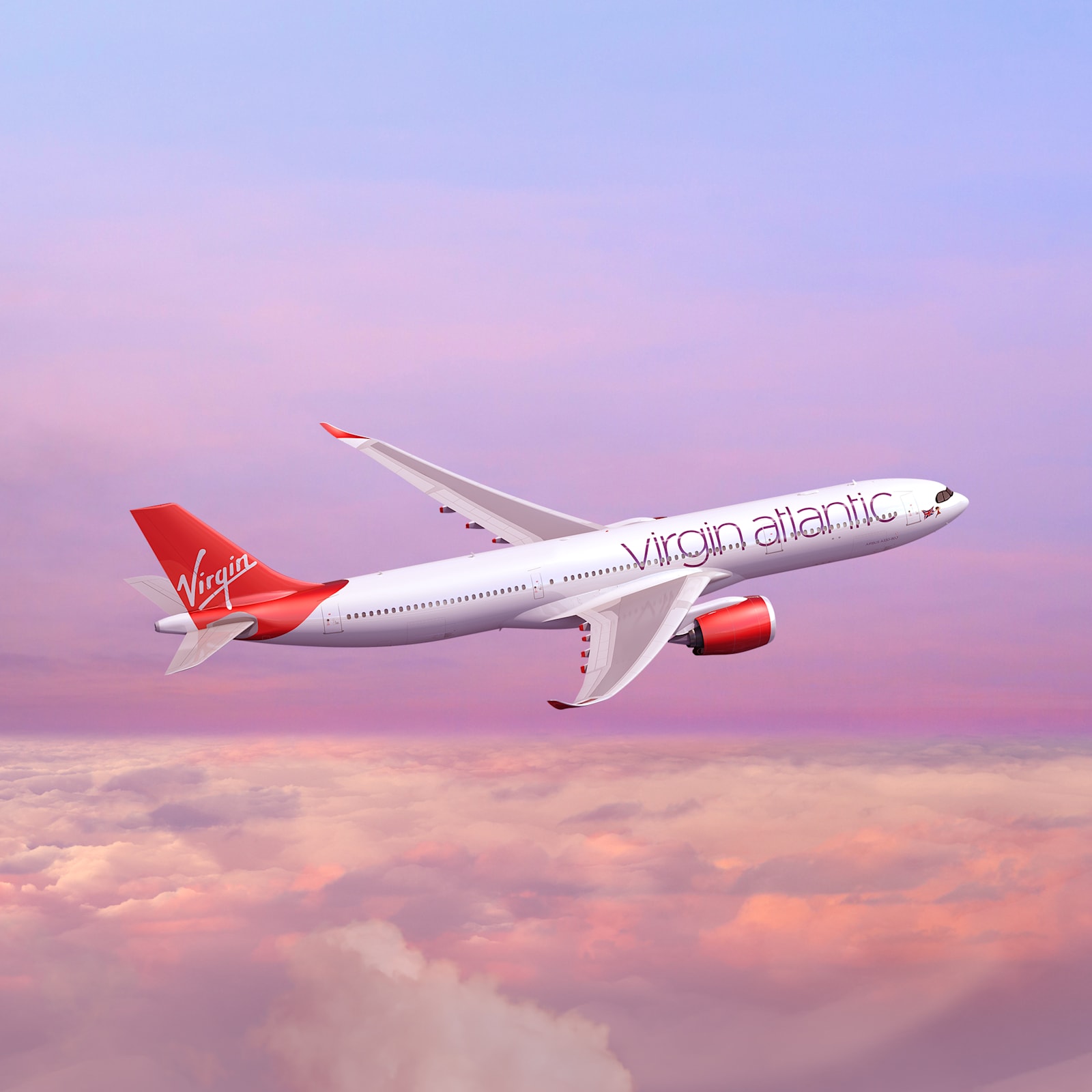Virgin Atlantic reported a pre-tax profit of £20 million in 2024, marking a return to profitability for the first since pre-pandemic. The company had reported a pre-tax loss of £139 million last year and had last recorded a pre-tax profit in 2016 with £23 million.
The airline said the return to profit was driven by record revenues, which was up £183 million to £3.3bn. Revenue growth was driven by capacity increasing 7.6% in the year, as well as continued demand for its business and premium offers.
“2024 was a turning point for Virgin Atlantic and the culmination of our transformation," said Virgin Atlantic CEO Shai Weiss. "We have a plan in place for 2025, with much to look forward to including a new app, new routes to Toronto, Riyadh and Cancun, a new clubhouse in Los Angeles and greater stability for our operation.”
The airline added that its partnership with 49% shareholder Delta Air Lines is “already immensely strong” and will continue to “strengthen” in the future. However, Delta had recently slashed its first quarter guidance, noting the softening domestic demand and uncertainties in the US economy. The cut also came amid warnings of tariffs and weakening consumer confidence. Virgin did not provide first quarter guidance.
In addition, the company reported a record EBIT of £230 million, marking a significant jump from £48 million in 2023. The result was driven by “continued cost discipline” and is supporting the company's path to sustainable profitability. The company's four year strategic plan was put in place coming out of the pandemic, concluding at the end of this year, and aims to set “firm foundations” for its future.
Virgin CFO Oli Byers commented: “Alongside the operating results, we continued to repay large parts of our pandemic debt. Our achievements go a long way towards building a stronger and more secure future for Virgin Atlantic.”
The company repaid £174 million of pandemic-related debt.
For the year, the company carried 5.6 million passengers, with a load factor of 77.3%, up from 77.1% in 2023.
The company's total capital expenditure totalled £343 million, mostly deployed for fleet investment. During the year, Virgin took delivery of the final two of 12 A350-1000s on order. In addition, the airline took delivery of four more A330-900s, bringing it to eight in its fleet. A further four are due to be delivered next year and another seven by 2028, bringing the total to 19 in its fleet.
The strong results came despite a challenging year, with the airline noting “significant” geopolitical uncertainty and supply chain disruption. “Our operation was significantly impacted by the availability of spare aircraft engines,” the airline read in its report.
The company's net debt totalled £3.4bn as of the end of 2024, with a cash position of £443 million.

